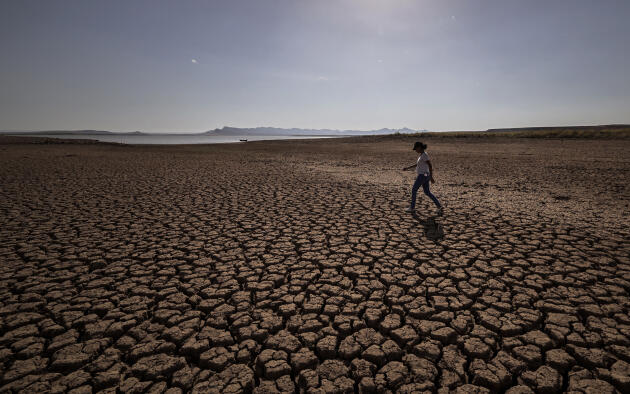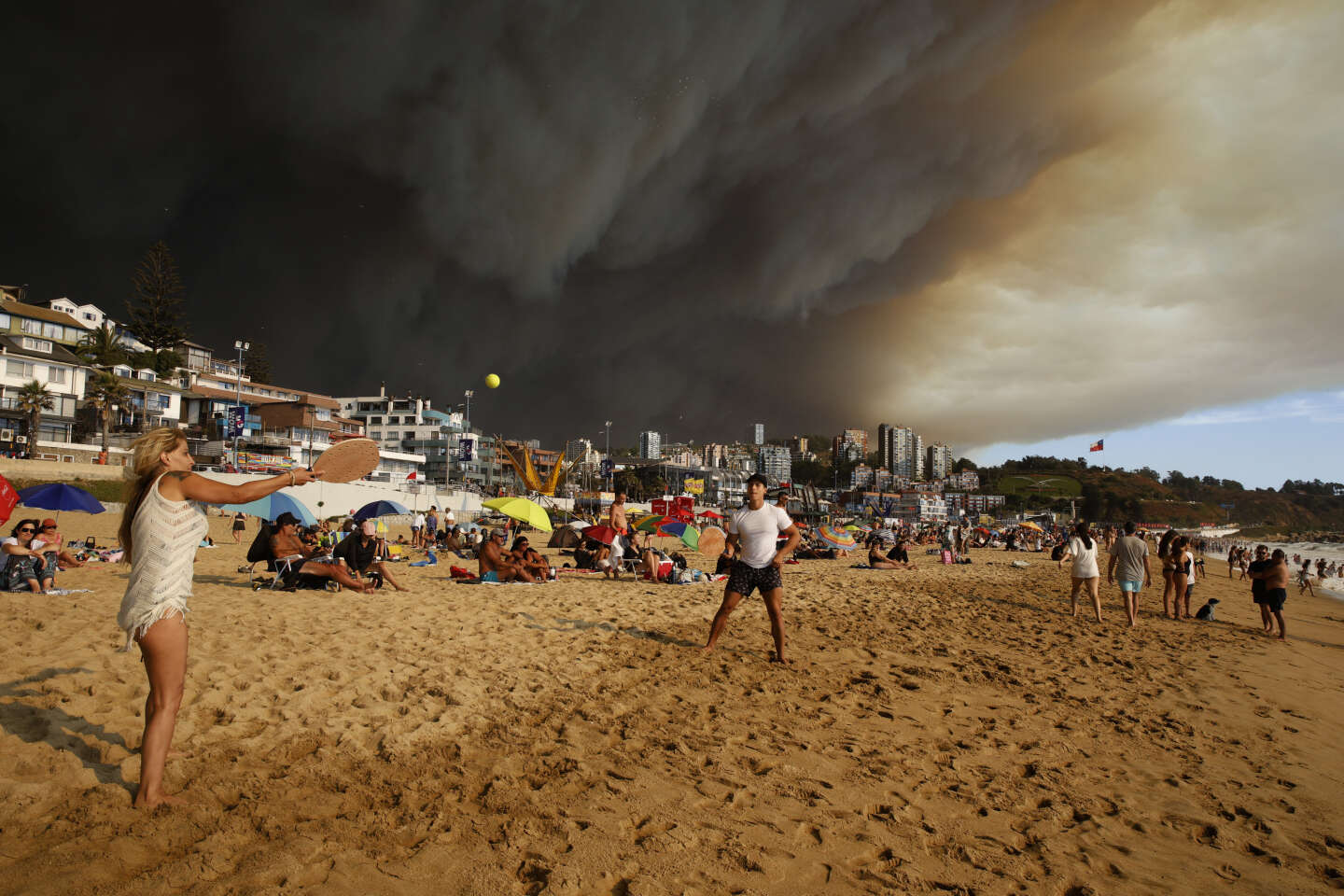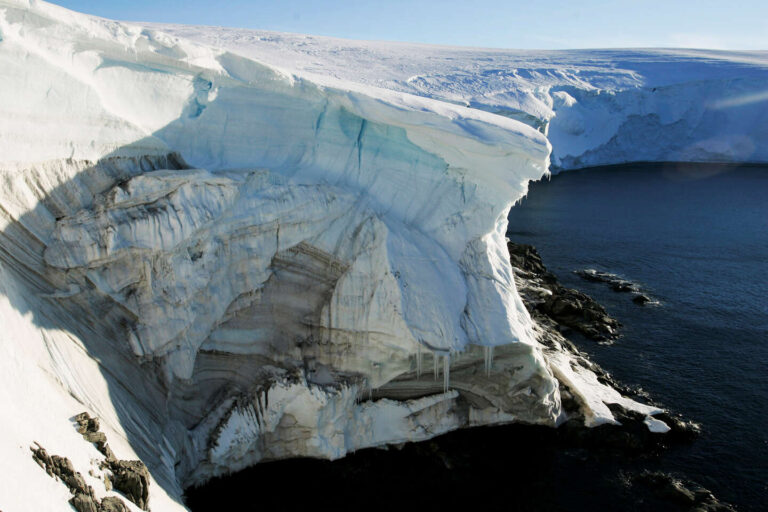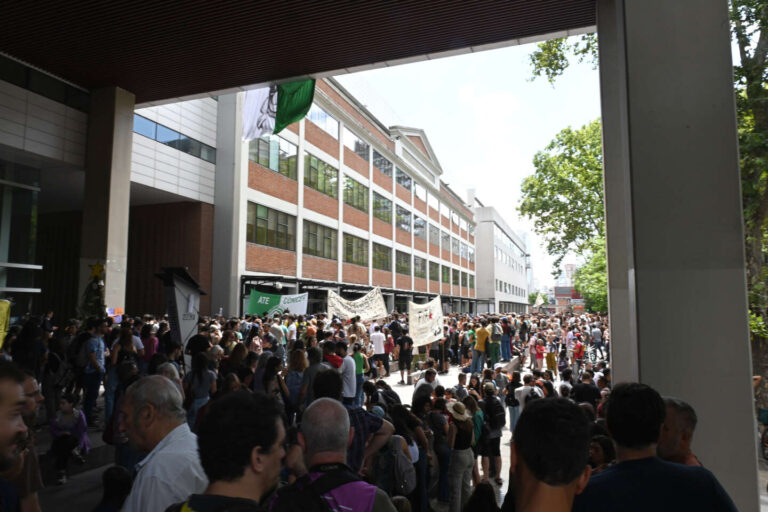Extreme climate events: attribution studies, new models to increase public awareness
Analysis after analysis, scientists carefully choose their words. Climate change has caused this “The agricultural drought that the Amazon will suffer in 2023 is about thirty times more likely” than in the pre-industrial era. The heavy rains that caused deadly flooding in Mindanao Island, Philippines on February 6 and 7 are now expected “occurs about once every ten years”. The Moroccan winter heat wave – 36.4°C in Essaouira, mid-February – caused temperatures “between 1°C and 2°C warmer than in the past”. On the contrary, the cold wave that hit Scandinavia in early January (– 44.6 °C, on January 5 in Vittangi, Sweden) is an event “Five times less likely” and it would have been “4°C colder”.

All of these passages are from some of the multiple attribution studies published since the beginning of the year. Nowadays, this field of climatology is in full expansion and is interested in extreme events “more likely” And “more intense”, according to the terms used in the sixth assessment report of the Intergovernmental Panel on Climate Change (IPCC), the summary of which was published in March 2023. But to what extent are these enhanced by carbon dioxide emissions? human origin? Around the world, hundreds of researchers are trying to answer this question by deciphering heat waves, droughts and even floods. An exercise on the border between science and social debates, as a link between climate modeling laboratories and surprised or skeptical citizens.
“We have long been aware among climatologists that one of the challenges is to explain how global climate evolution has consequences for people’s daily lives. From this reflection was born the science of attribution », explains Robert Vautard, co-chair of Group 1 of the IPCC Aurelien Ribes, climatologist and IPCC contributor: “Attribution studies have had the great merit of raising awareness among the general public, using the occurrence of an extreme event as an opportunity to illustrate a concrete manifestation of climate change. »

Create different climate change scenarios
The science of attribution was born at the beginning of the 21st centurye century after yet another fed up, a fairly common reaction among climatologists. In 2003 the Thames flooded and Oxford was submerged. British climatologist Myles Allen writes an article in the magazine Nature. “Will it ever be possible to sue someone for climate damage? », he asks, after seeing ordinary citizens lose some of the value of their real estate. And he proposes a methodology: comparing the probability of an event occurring in an actual world – the world as it is – and a counterfactual world, that is, as it would have been without CO2 emissions.2 of human origin.







